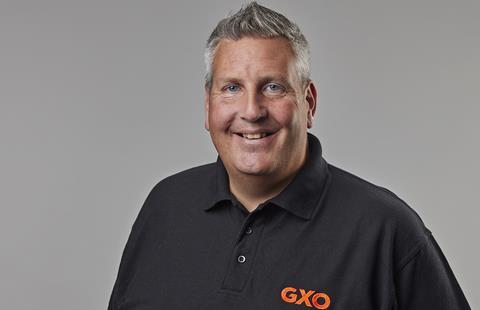
We all recognise that transportation of goods needs to be more sustainable. Stats show that the logistics sector is the source of just over a third of global CO2 emissions, so it’s critical our industry prioritises this issue and plays an active role in driving proactive change. Days like tomorrow’s Zero Emissions Day give us an opportunity to take stock of the progress that has been made and evaluate how we can improve in the future.
The current end goal for the industry is for goods to be transported by fully electrified, battery-based fleets, but there is still an incredibly long way to go before the use of EVs becomes an economic reality. The limitations of current technology, including vehicle range and charging time are compounded by a lack of charging infrastructure, the availability of energy and the high capital costs involved in acquiring an electric fleet.
This week, research showed that over half (54%) of UK businesses are struggling to meet their net-zero goals, due to cost impacts and concerns about the speed in which alternative fuel technologies are becoming viable.
That’s why at GXO, we’re prioritising a range of steps to reduce the impact of transport operations on greenhouse gas emissions, air quality, congestion, and infrastructure. We know it’s not possible to sit on the side lines and wait for EVs to be more affordable, accessible, and viable, although we’re confident that’s the long-term direction for the logistics transportation sector.
As well as introducing EV’s where we can, we’re using alternative fuels, such as liquified natural gas, Hydrotreated Vegetable Oil, and Compressed Natural Gas to power some of our fleet.
Our main focus is to use AI and technology to minimise emissions by optimising the time we’re on the roads, routing vehicles as efficiently as possible, optimising delivery schedules and maximising the use of vehicles. By improving route efficiency for one of our customers we reduced the distance driven from one depot by over 900,000 kilometres per year, decreasing diesel consumption by over 250,000 litres and delivering over 720 tonnes of overall carbon emission savings to date. If rolled out across the transport sector, AI powered route optimisation tools can have a significant impact on emissions reduction.
We also use technology to help our drivers drive their vehicles as environmentally friendly as possible, and work with customers to share our vehicles, so we reduce lorries on the road. Once our vehicles have delivered goods, we re-route them to collect orders before returning to warehouses, reducing the time that they’re on the road empty.
Another approach is our work with partners to create urban logistics hubs that consolidate deliveries dispatched from various suppliers for delivery to the high street, reducing vehicle movements in our congested cities and towns. These are all important steps not just to reduce emissions but reduce the wider environmental impact that transporting goods has.
We’re currently making good progress against our targets and by working jointly with vehicle suppliers, technology solutions and Government we can find long-term transport solutions to eradicate carbon emissions for good. We think it is possible for the haulage and logistics sector to make more inroads into reducing their emissions whilst they wait for EV’s and their infrastructure to mature.
Chris Hyde, MD – Transport Solutions, GXO














